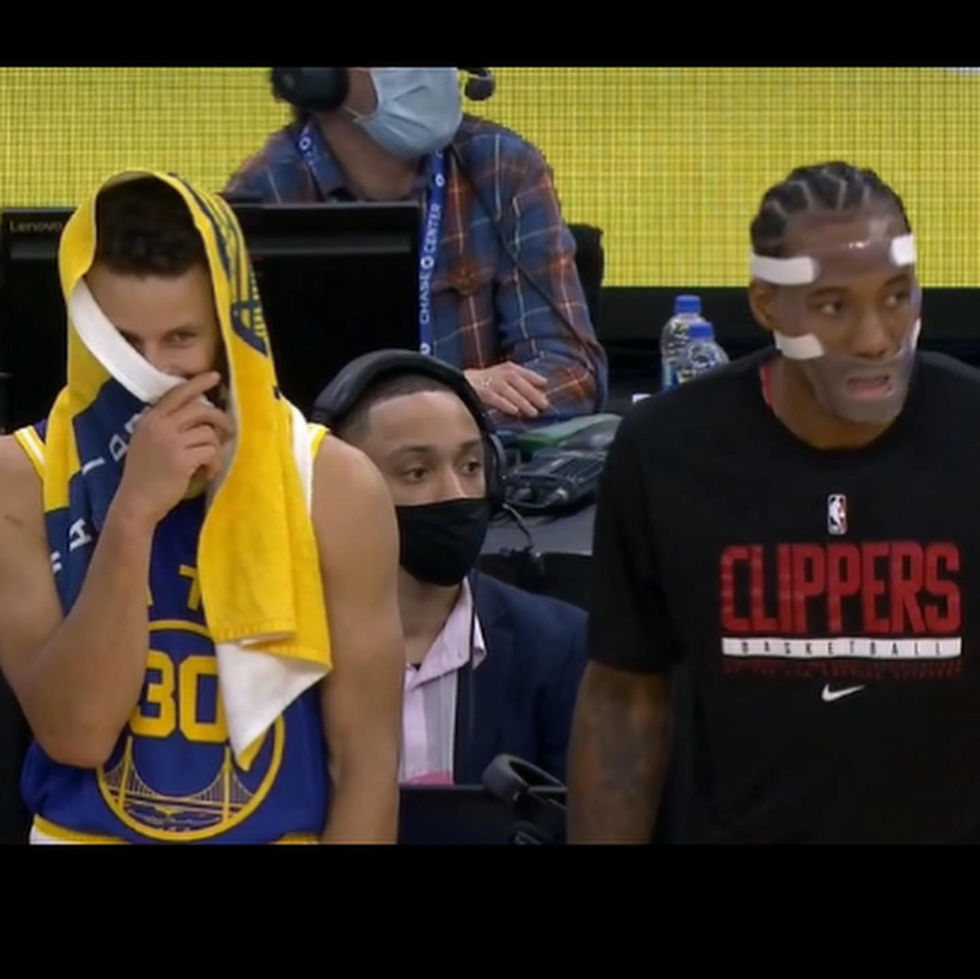How Anna Cockrell Hurdles Everyday Struggles
- Hunter Patterson
- Feb 29, 2020
- 4 min read

With 200 meters to go in the women’s 4x400 at the 2018 NCAA track and field championship at historic Hayward Field in Eugene, Oregon, Kendall Ellis, the University of Southern Cal anchor, was way back. Like, way, way back. Maybe 50 meters back.
A botched final handoff had left SC in this dire position. Ellis was so far back that the broadcaster calling the meet was so sure Purdue would finish first that he said, “There’s no way [they get caught] unless they drop the baton.”
Then Ellis did the unthinkable. She picked up her pace. Soon, she was third. Then second. Coming down the homestretch, she caught Purdue’s Jahneya Mitchell – and SC, in an all time did-you-just-see-that moment, had itself the 10 points from the relay it needed to win the 2018 national title.
Anna Cockrell ran the second leg of this historic relay, and it could be a metaphor for her life.
Cockrell started out of the gates very strong with happily married parents, a great relationship with her siblings and natural talent in the classroom and on the track. A battle with mental health would be symbolic of the bobbled handoff. The grace, courage and perseverance she has maintained through her uphill journey with her mental health is comparable to the unbelievable Ellis comeback for the win.
Cockrell has become an outspoken advocate for properly treating mental health and normalizing the conversation around it. She’s done so while arguably being the most dominant women’s track talent that USC has ever seen. Each year at SC, she has found a way to etch her name in the record books.
She would, moreover, graduate with her bachelor’s degree in communication studies, in just three years. She’s now pursuing a master’s in public policy at USC.
Often times, when one person has accomplished so much at such a young age, people may assume they are immune to self-doubt, anxiety or depression.
Anna Cockrell’s case proves just the opposite – and underscores the emerging acceptance among high-profile athletes, Michael Phelps and others, that it’s OK not to be OK
Anna was born to Kieth and Serena Cockrell on Aug. 28, 1997 in San Ramon, California. She has two older siblings, Ross and Ciera. She grew up in Charlotte, North Carolina.
A 400-meter hurdles specialist, she opened her USC track and field career in 2017 at the Battle on the Bayou in new Orleans, Louisiana, in 55.51 seconds. This mark moved her to fourth on USC’s all-time list and set the freshman school record.
During her second season, Cockrell set an indoor personal record of 7.93 seconds in the 60-meter hurdles, second on USC’s all-time list.
As a junior, she won the NCAA 400-meter hurdles in 55.23 seconds, the fastest time ever run by a Trojan.
For all that, Cockrell realized as early as 16 that she would be needing to pay close attention to her emotional health. She was diagnosed struggling with symptoms of depression.
Her parents were together and maintained a happy, healthy marriage. She could not ask for a better relationship with her siblings. School and track both came naturally for her. Her abilities even allowed her to go to college for free. “Who am I to feel sad? Who am I to feel like I can’t get out of bed? Because there are people out there with ‘real problems’” she would ask herself.
Because she felt incredible shame and guilt.
This guilt of feeling sad created a vicious cycle for her that made it difficult to open up about how she felt. She did not want to open up to her parents because she did not want them to feel they did an inadequate job of raising her or providing her with every opportunity to be happy and confident. As a result, she would sit with her shame and guilt held tight without an outlet.
At the height of her depressive episodes during sophomore year, she said it was “so hard to function and everything [classes, practice, social life] was so much work that…I was not that attached to being alive.” Not suicidal exactly but trapped. Trapped in a repetitive slump of numbness.
“Nothing I enjoyed doing before was enjoyable anymore,” Cockrell said.
Her remedy? To go harder than she had previously been going.
All the while she was on the brink of exhaustion, she would force herself to be even more attentive in the classroom. She would be the first one to practice and the last to leave, while working tirelessly compared to her already intense rate.
Cockrell was determined, bluntly, to work her way back into happiness.
“My response [to depression] was that I’m just going to work myself as hard as possible…overworking to compensate for not feeling good.”
Meanwhile, her grandfather died. And she was having relationship troubles. All during the first week of classes in her second year.
So, she made a decision that she now feels changed her life, and for the better: she paid a visit the team therapist.
Dr. Robin M. Scholefield is USC athletics’ associate director of clinical and sport psychological services for Athletics.
“You’re depressed and that’s what it looks like in elite athletes – highs and lows that get more and more extreme to the point where it gets hard to function,” said Scholefield.
Now, Cockrell is continuing on her journey with honesty. She used to feel pressure to keep up the positive energy and smiles. At this point in her maturation process, she is at peace with not constantly feeling 100% at all times. Her self-care methods have improved and consequently, her mental health as a whole has enhanced. She has even taken up a particular liking to the Rose Garden at Exposition Park, literally across the street from the USC campus.
“It feels slow here, not many places in LA feel slow. It calms me down. When I feel super overwhelmed or super stressed, I can come here and say, ‘You know, life isn’t that bad!’”



Comments